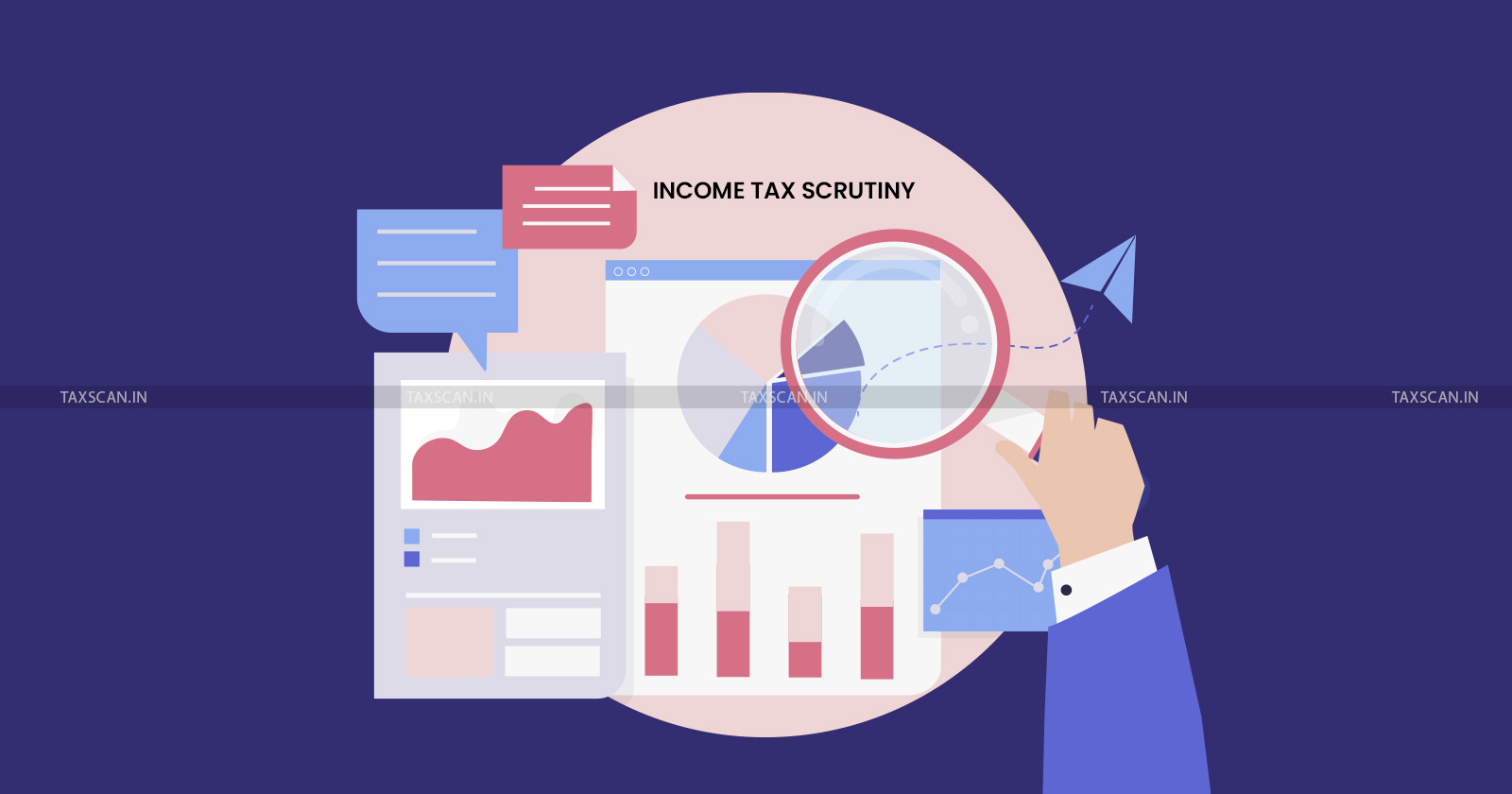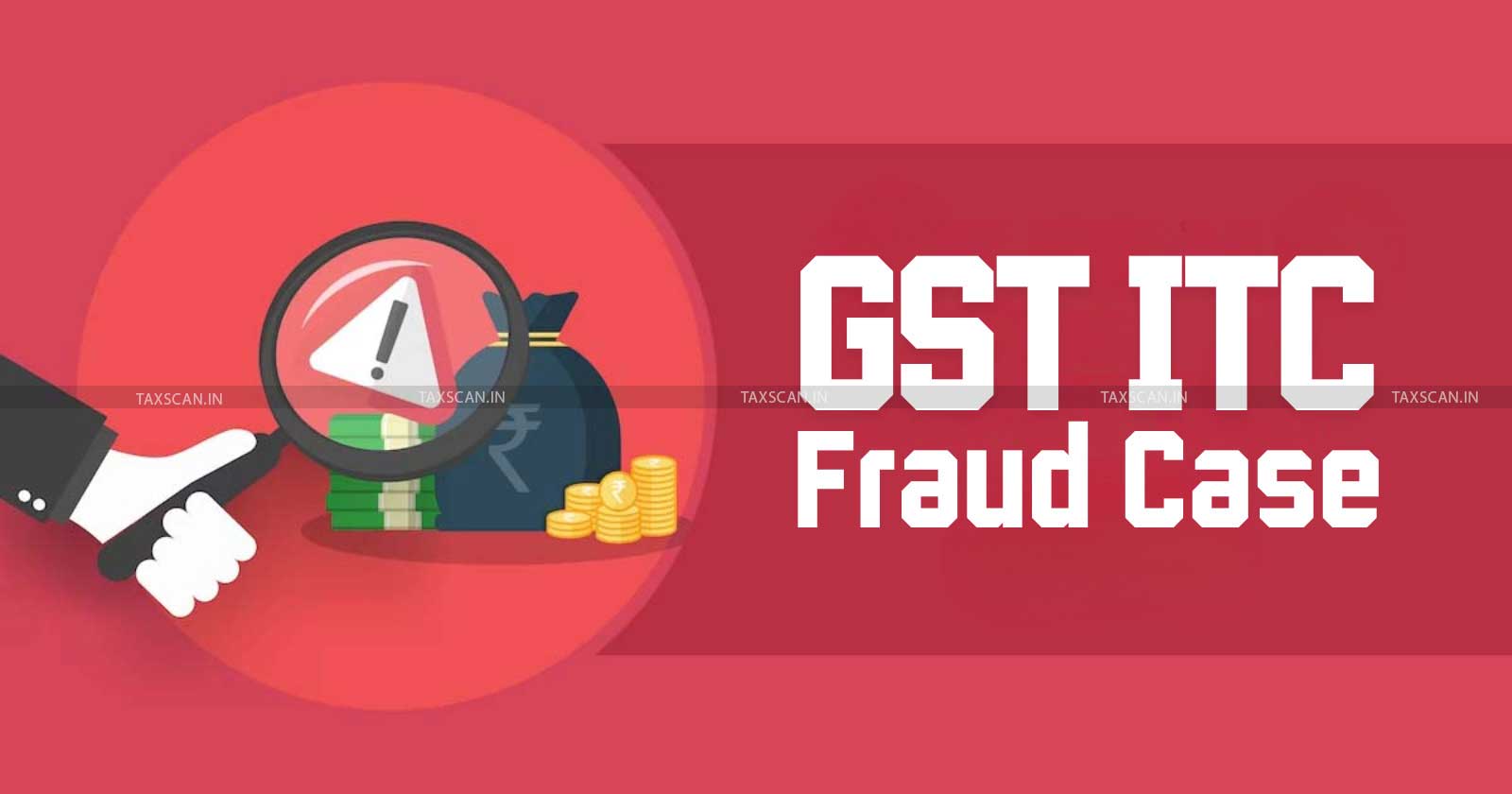‘Reason to Believe’ Not Communicated to GST Fraud Accused During Arrest: Gauhati HC Grants Conditional Bail [Read Order]
Interim bail was granted with strict conditions, including a bond, cooperation with the investigation, no tampering with evidence or witnesses, and restrictions on leaving the jurisdiction without permission
![‘Reason to Believe’ Not Communicated to GST Fraud Accused During Arrest: Gauhati HC Grants Conditional Bail [Read Order] ‘Reason to Believe’ Not Communicated to GST Fraud Accused During Arrest: Gauhati HC Grants Conditional Bail [Read Order]](https://images.taxscan.in/h-upload/2025/06/30/2056961-reason-to-believe-not-communicated-to-gst-fraud-gst-fraud-accused-during-arrest-taxscan.webp)
The Gauhati High Court has conditionally granted bail to Varun Goyal, who was arrested under the Assam Goods and Services Tax ( AGST ) Act, 2017, for allegedly availing fraudulent Input Tax Credit (ITC) worth over ₹9.9 crore without any actual supply of goods.
The petitioner, Varun Goyal had challenged his arrest on the ground that the authorities failed to communicate the mandatory “reason to believe” while authorizing his arrest, which is a statutory protection under Section 69 of the AGST Act.
Justice Mitali Thakuria observed that although the grounds of arrest were conveyed at the time of detention, the foundational “reason to believe” that formed the basis for the Commissioner’s authorization to arrest was not furnished to the accused.
This omission, the Court held, weakens procedural safeguards under both the AGST Act and the Bharatiya Nagarik Suraksha Sanhita (BNSS), 2023, which corresponds to Section 41A of the CrPC.
Comprehensive Guide of Law and Procedure for Filing of Income Tax Appeals, Click Here
The petitioner argued that no notice under the BNSS was served and that his arrest was carried out in violation of Supreme Court guidelines in Arnesh Kumar v. State of Bihar and Satender Kumar Antil v. CBI, which mandates strict compliance with the procedure before arrest in economic offences.
It was also contended that no proper assessment of the alleged tax evasion was conducted and that the entire case hinged on an arbitrary computation combining alleged fake invoices to cross the threshold of ₹5 crore, thus making the offence cognizable and non-bailable.
 Also Read:Managing Section 143(2) Income Tax Scrutiny Notices for AY 2024–25: A Guide for Tax Practitioners with Checklist for Taxpayers
Also Read:Managing Section 143(2) Income Tax Scrutiny Notices for AY 2024–25: A Guide for Tax Practitioners with Checklist for Taxpayers
The State, however, argued that the accused had admitted to issuing invoices without actual movement of goods and had claimed ITC fraudulently, justifying the arrest under Section 132 of the AGST Act.
Comprehensive Guide of Law and Procedure for Filing of Income Tax Appeals, Click Here
The Court found that the State failed to show compliance with mandatory procedural requirements, including service of notice and proper communication of the “reason to believe”. Noting that the petitioner had cooperated during the enquiry and that no further custodial interrogation was sought, the Court held that continued detention was not necessary at this stage.
Accordingly, interim bail was granted with strict conditions, including a bond of ₹1 lakh, cooperation with the investigation, no tampering with evidence or witnesses, and restrictions on leaving the jurisdiction without permission.
The case has been posted for further hearing after the summer vacation, giving the State time to file its objections on the merits.
 Also Read:Gauhati HC Allows Bail in ₹6.12 Crore GST Fraud Case Involving Passing on Input Tax Credit [Read Order]
Also Read:Gauhati HC Allows Bail in ₹6.12 Crore GST Fraud Case Involving Passing on Input Tax Credit [Read Order]
Support our journalism by subscribing to Taxscan premium. Follow us on Telegram for quick updates


